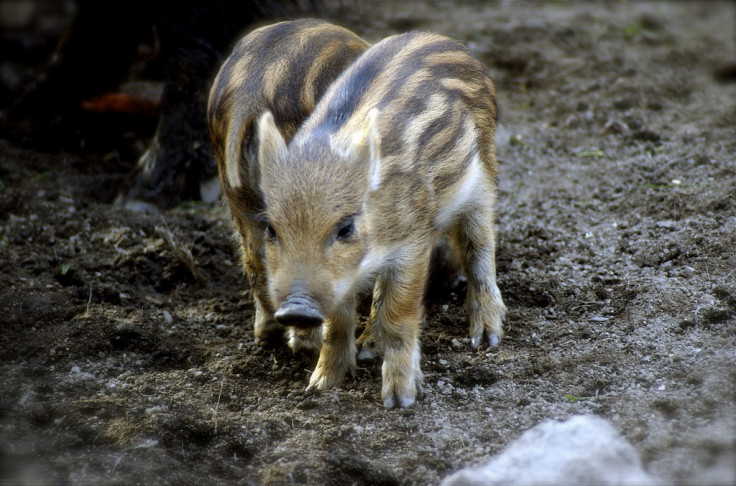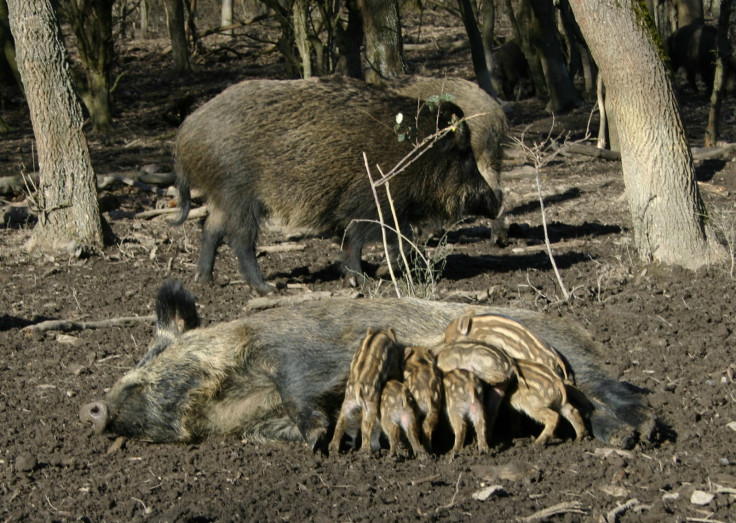Climate change causing wild boar population to grow 'exponentially' in Europe

Climate change is going to lead to wild boar populations to grow "exponentially" as a result of milder winters – with the effects already starting to take hold. The animals have been increasing in numbers in Europe for the past 35 years, with the surge causing problems for agriculture as they look for food on farm land.
To determine how wild boar numbers are changing, scientists from the University of Veterinary Medicine, Vienna looked at data on hunting bags and road accidents involving the animals "Doing this we were able to depict the growth of the wild boar population," said first author Sebastian Vetter.
Publishing their findings in the journal PLOS One, the scientists compared wild boar population growth with temperature and precipitation data from 12 countries in Europe. In some areas, data went back for 150 years.

Their findings showed a clear trend – there is a sharp increase in the number of wild boar after mild winters. When temperatures are low, energy is required to maintain body temperature and less energy is left for reproduction and rearing offspring. Cold winters also kill off many young boar, while in mild winters more piglets survive. "As mild winters are becoming more frequent, also wild boar populations are growing exponentially," Vetter said.
The scientists also found there has been an increase in the number of "mast years" in recent decades. During these years, trees bear a lot of fruit so there is plenty of food available for the boar even after cold winters.
"We conclude that climate change drives population growth of wild boar directly by relaxing the negative effect of cold winters on survival and reproduction, and indirectly by increasing food availability," they wrote. However, they also said regional differences will need to be investigated before conclusions can be drawn from their results, as their findings also showed "specific threshold temperatures for the onset of exponential growth".
Vetter said he and the research team will continue their research about wild boar. He added: "Wild boar produce a surprisingly large number of young animals compared to other ungulates. This enables the strong growth of populations, which we are currently observing. Therefore we are particularly interested in the factors that influence reproduction of this species."
© Copyright IBTimes 2025. All rights reserved.






















